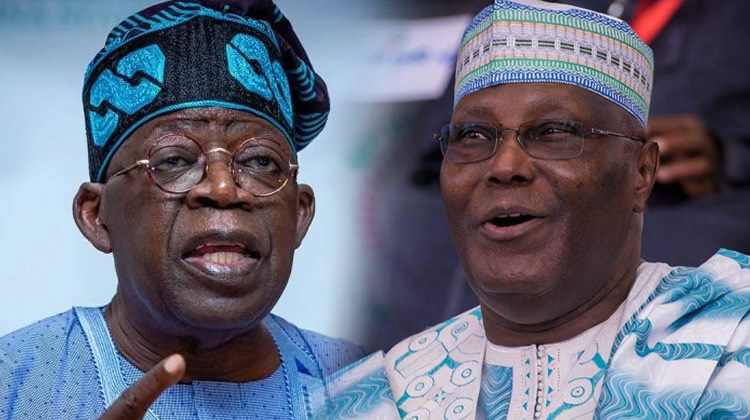The political landscape in Nigeria has been roiled by allegations of assault, abduction, and bribery leveled against Seyi Tinubu, son of President Bola Tinubu, by Atiku Isah, a factional president of the National Association of Nigerian Students (NANS). Isah claims he was physically assaulted and detained after refusing a N100 million bribe allegedly offered by Seyi Tinubu and the Minister of Youth Development, Ayodele Olawande, to endorse the Tinubu administration. This alleged incident occurred after a meeting in Lagos where the bribe was supposedly proposed. Seyi Tinubu vehemently denies these accusations, labeling them a fabrication designed to damage his reputation. He states unequivocally that he has never met Isah and has no knowledge of the purported incident. This denial sets the stage for a contentious exchange of accusations and counter-accusations, drawing in prominent political figures and highlighting the deep fissures within the Nigerian political system.
Adding fuel to the fire, Sunday Asefon, Special Assistant to the President on Student Affairs and a former NANS President, has come to Seyi Tinubu’s defense. Asefon alleges that Isah is a pawn manipulated by political rivals, including former Kaduna State Governor Nasir El-Rufai, who he claims are actively working to destabilize the Tinubu administration. Asefon presents photographs purportedly showing Isah meeting with opposition figures like Atiku Abubakar, Omoyele Sowore, and Sule Lamido, attempting to portray Isah as a tool of the opposition. He further dismisses the abduction and torture claims as a calculated smear campaign aimed at discrediting the first family. Asefon also questions Isah’s legitimacy as NANS president, asserting that another individual, Olusola Oladoja, is the recognized leader. This intervention further complicates the narrative, transforming the initial accusation into a proxy battle between opposing political forces.
Isah, in response, refutes Asefon’s claims, denying any connection with El-Rufai and explaining his meetings with opposition figures as coincidental or related to his role as a student leader seeking support for student causes. He maintains that his criticism of certain government policies does not negate his overall support for President Tinubu but emphasizes his commitment to holding those in power accountable. This denial underscores the complexities of Nigerian politics, where alliances shift and individual motivations are often difficult to discern amidst the broader political maneuvering.
Former Vice President Atiku Abubakar, a prominent political rival of President Tinubu, has weighed in on the controversy, condemning the alleged intimidation of Isah and emphasizing that Nigeria should not be treated as the personal property of the ruling family. He calls for an independent investigation into the incident, urging citizens to resist any attempts to suppress dissent. Atiku’s intervention elevates the incident beyond a personal dispute, framing it as a matter of fundamental rights and democratic principles.
Further broadening the scope of the controversy, Afenifere, a pan-Yoruba socio-political group, has also issued a statement dismissing Isah’s allegations. The group characterizes the accusations as baseless and politically motivated, suggesting they are part of a larger strategy by opponents to undermine President Tinubu and his family. They accuse Isah of being a front for anti-Tinubu forces and caution student groups against being exploited as political pawns. This intervention adds another layer of complexity, introducing ethnic and regional dimensions to the already charged political atmosphere.
This unfolding saga highlights the volatile political climate in Nigeria, where accusations of corruption and political maneuvering are commonplace. The clash between the narratives presented by Isah, Seyi Tinubu, Asefon, and the various political actors involved underscores the difficulty of establishing truth amidst conflicting claims and vested interests. The incident also raises broader questions about freedom of speech, political intimidation, and the role of student organizations in the national political landscape. The call for an independent investigation offers a potential pathway towards greater transparency and accountability, but whether such an investigation will occur and whether it will be perceived as impartial remains to be seen. The incident serves as a microcosm of the challenges facing Nigerian democracy, where the struggle for power often overshadows the pursuit of truth and justice.














